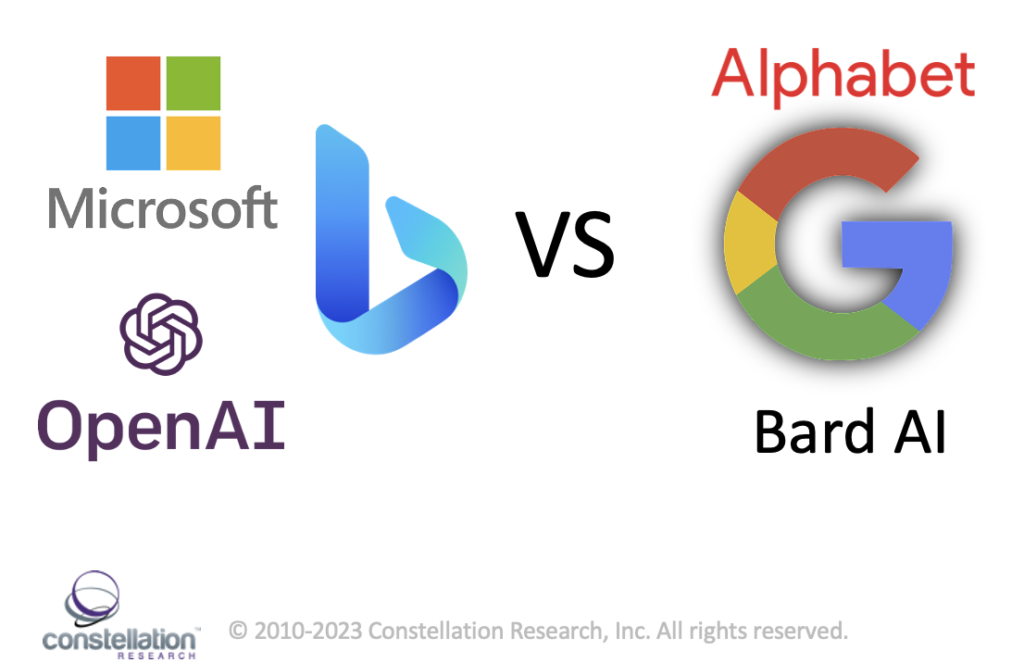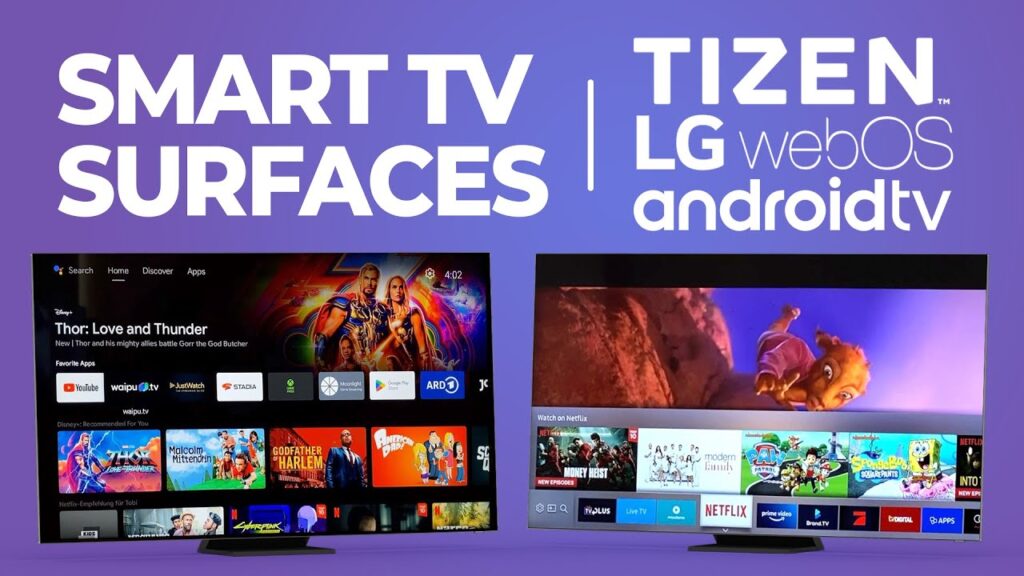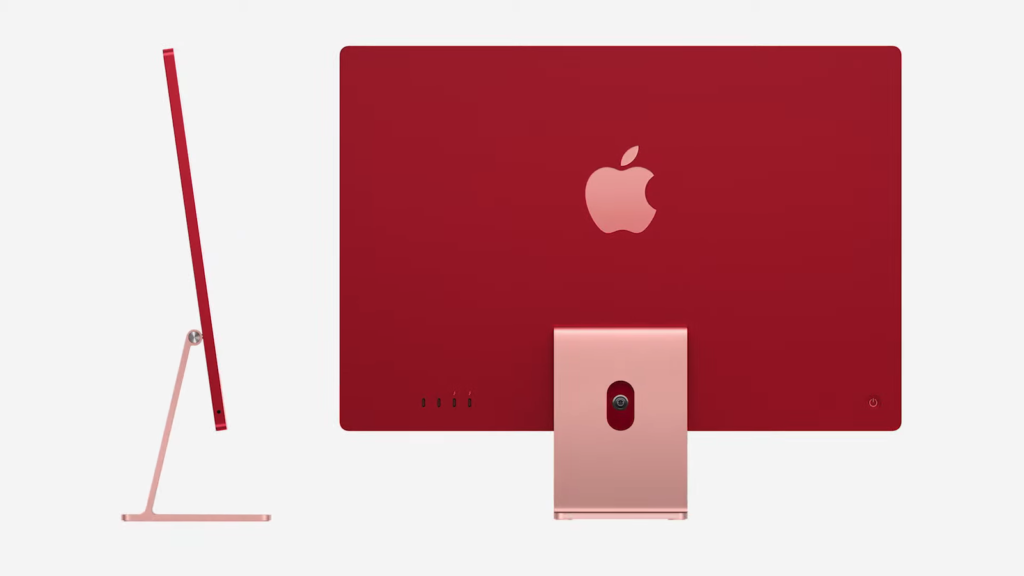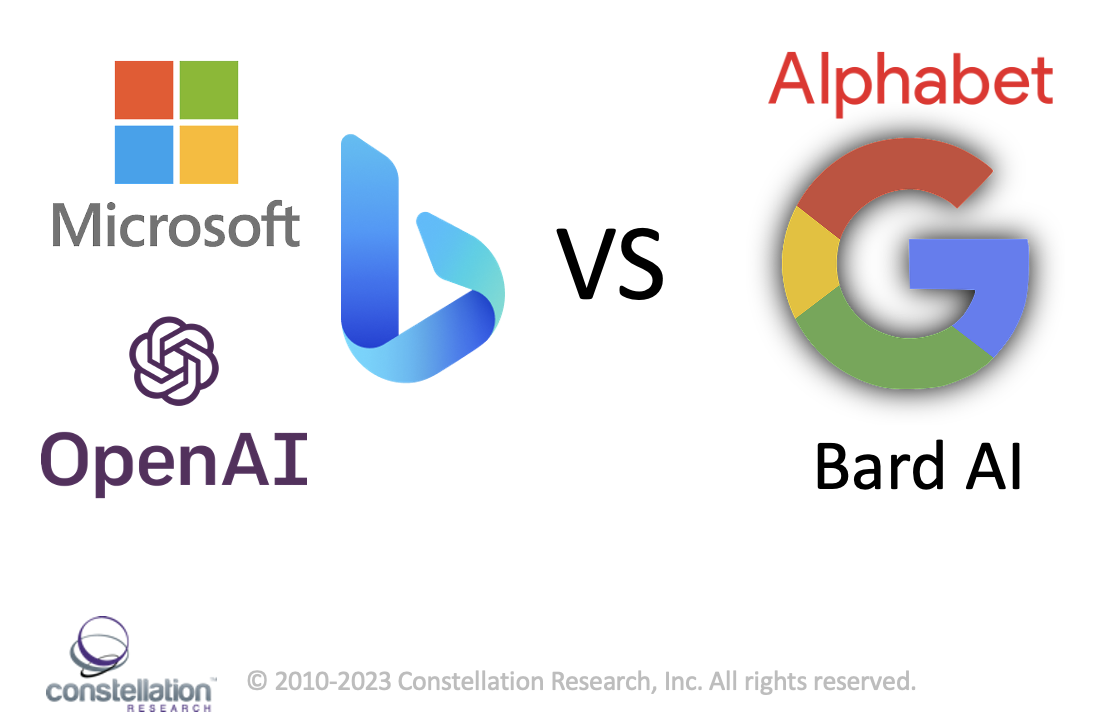
Observers of AI’s rapid evolution are well-acquainted with the flurry of launches from various tech giants. Microsoft unveils its latest, Bing AI Chat, while OpenAI introduces GPT-4, and Google enters the fray with Bard AI. Amidst this innovation, distinguishing excellence from mediocrity becomes challenging. Despite each chatbot’s distinct capabilities, some outshine the rest. Previously, we scrutinized Google Bard against ChatGPT, yielding intriguing insights. Today, however, our focus shifts to Google’s inaugural chatbot versus Microsoft’s Bing AI Chat, powered by GPT-4, garnering immense popularity. Which AI proves indispensable for daily tasks, and which boasts superior functionality? Let’s forego further delay and embark on our exploration.
Google Bard vs Microsoft Bing: AI Search Engine Battle (2023)
Comparing both AIs on various parameters, listing their major features and differences. Use the table below to jump to the necessary section.
Google Bard vs Microsoft Bing: Key Differences
Both chatbots have distinct advantages. Let’s discuss which AI search engine offers better features and their major differences.
1. Based on Separate Models
Google Bard and Microsoft Bing are AI chatbots trained on datasets. The bots have scrapped data and gained information from it, using it to generate answers to various user questions and scenarios. However, a fundamental difference exists between Bard’s and Bing’s language models.
To start, Google Bard is built on a scaled-down version of Google’s language model, referred to as Language Model for Dialogue Applications (LaMDA). LaMDA is specifically tailored for conversations, creative outputs, and generating unique text. According to Bard, LaMDA’s training data comprises various sources such as books, articles, websites, and code. Google asserts that the model excels in engaging in diverse topics in a natural conversational manner, surpassing Bing’s capabilities.
On the other hand, Bing utilizes the company’s Prometheus model, based on Generative Pre-Trained Transformer 4 (GPT-4), OpenAI’s latest and most advanced LLM. GPT-4 boasts significant improvements over its predecessor, emphasizing sharp reasoning responses and nuanced conversations through training on human conversation data. Additionally, GPT-4 offers advanced features, including multimodality and language support.
While no clear winner emerges, GPT-4 possesses distinguishing features.
Winner: Undecided
2. Google Bard Plagiarizes Text
Despite Google’s LaMDA model’s purported ability to generate original text and engage in conversations, it’s encountering difficulties. Specifically, in our recent interaction with Bard, as referenced in the aforementioned comparison, it was observed that Google Bard directly plagiarized several lines from Beebom’s article when questioned about Luffy and Haki in the One Piece anime. Notably, it failed to cite any sources, which is highly unexpected.
Regrettably, we’re not the sole victims of this issue. In a recent tweet, Tom’s Hardware’s Editor-in-Chief, Avram Piltch, illustrated how Bard had lifted content directly from their website. Although Bard rectified the situation upon prompt, such instances of plagiarism reveal inherent flaws in its system.
Microsoft Bing, in contrast, refrains from copying texts when queried on various topics. Our tests with leading AI plagiarism checkers yielded no exact matches for the texts provided. Moreover, when prompted to generate an essay in creative mode, Bing Chat refuses, citing concerns about plagiarism and ethical implications.
This addition to Bing Chat is commendable and well-received. Conversely, our experience indicates that Google Bard has not demonstrated the same level of integrity. We urge Google to address this issue promptly by implementing safeguards to protect the integrity of publications and safeguard the rights of independent creators. Ideally, AI chatbots should refrain from direct replication of texts, opt for textual rephrasing, and include proper source attribution in footnotes (further elaboration on this follows).
Victor: Bing
3. MS Bing Attributes Sources
Microsoft Bing impresses by maintaining originality amidst diverse prompts. Crucially, it provides linked citations, allowing users to verify content authenticity effortlessly. Regardless of the query, Bing consistently offers sources, seamlessly integrating them into responses.
This contrasts sharply with Google Bard, which often lacks sources. Regarding its absence of citations, Google Bard AI explains that it refrains from providing them because it’s not an academic researcher (odd, right?). However, Google Bard also admits that it can only offer information it’s been trained on and cannot ensure its accuracy. While this doesn’t prevent the chatbot from generating errors, it’s still commendable that Google has taken precautions with Bard by cautioning users about potential inaccuracies.
While you shouldn’t rely solely on an AI chatbot like ChatGPT for all your research needs, Bing’s inclusion of sources represents a step toward enhancing AI reliability. Therefore, in our opinion, Bing emerges as the superior choice.
Winner: Bing
4. Google Bard Offers Greater Speed
Google, renowned for its lightning-fast response time, delivers search results almost instantaneously. Similarly, Google Bard AI, with a response time of just over 3 seconds, provides comprehensive outputs ranging from essays to jokes. This rapidity proves invaluable for those seeking quick answers.
Contrastingly, Microsoft Bing AI operates at a slower pace. The bot navigates through the general processes, almost palpably formulating responses. Responses are typically typed out slowly instead of being instantly provided, as with Bard. This confers a significant speed advantage to Bard over Microsoft’s search engine. While Bing conducts thorough searches, it evidently lacks speed.
From a purely impatient perspective, if speed is your primary criterion for an AI bot, Google Bard is clearly preferable.
Winner: Google Bard
5. MS Bing Can Generate Images
Google Bard can perform numerous tasks with its LaMDA model, but creating images isn’t among them. Contrastingly, Microsoft’s AI, Bing, has recently acquired the capability to receive prompts and produce images. Fueled by OpenAI’s DALL-E model, the Bing Image Creator can directly interpret image prompts and produce refined images. Consequently, this AI-powered search engine becomes the singular platform for generating both visual and textual content.
Please note: This feature is not yet available to all stable users.
Despite its availability limitations, Bing Image Creator remains unreleased universally. Nonetheless, Bing retains the capacity to scour the web for images and provide descriptions. Additionally, it can furnish image prompts compatible with various AI art generators upon request, offering detailed prompts upon further inquiry.
Google Bard’s image generation capabilities remain undisclosed. While future updates may include this functionality, Microsoft’s Bing Chat feature currently outshines in the Bard vs. Bing comparison by offering dual capabilities.
Winner: Bing
6. MS Bing Can Code
Upon Bard’s launch by Google, an FAQ disclosed its inability to assist with coding at present. Despite potential future support, such functionality remains absent. Nevertheless, our experimentation with Bard in coding rounds yielded rudimentary, albeit flawed, code. Regrettably, ChatGPT encountered instances of broken code, aligning with Google’s disclaimer. Moreover, Bard’s assertion of proficiency across multiple languages falters under complex scenarios.
Microsoft Bing excels in coding scenarios imagined by users, including website and app creation, specific requests, and more. Bing accommodated our request to ‘Write a shell script to compress PNG files in a folder with zopfli,’ found on Twitter. While Bing may not fully assist programmers with complex situations, it outperforms Google Bard in this aspect. For those preferring a search engine with coding abilities, Bing is the clear choice.
Winner: Bing
7. Bing Has Longer Memory
One of ChatGPT’s remarkable features is its extensive memory of past conversations. While the bot doesn’t directly recycle previous responses, it retains roles, enabling users to assign it tasks such as spell checking or coding, adapting its behavior accordingly.
Microsoft Bing similarly excels in memory retention, demonstrated through Bing Chat’s prolonged memory. When designated as a spell checker, Bing AI readily corrects inputted text and maintains this role across multiple interactions. This adaptability extends beyond spell checking, allowing users to personalize Bing to fulfill various needs, making it a versatile and tailored chatbot.
Google Bard currently suffers from poor memory. Although it acknowledges spelling errors, it promptly forgets its task upon encountering a paragraph with mistakes, necessitating a reminder. Google has acknowledged this limitation, stating that “Bard’s ability to hold context is purposefully limited for now.” As the bot evolves, this constraint is expected to change, potentially revealing more about its capabilities at Google I/O 2023.
While Google Bard offers insight into its helpfulness, it cannot be relied upon for personality or retaining past conversations.
Winner: Bing
8. Bing Offers Varied Modes
Speaking of fine-tuning, Microsoft didn’t stop at giving its chatbot a long memory. The Bing Chat feature also offers distinct conversational styles that alter the bot’s tone and verbosity. Bing offers three styles: “More Creative, More Balanced, and More Precise.”
True to their names, Creative makes the bot imaginative, Balanced provides a mix of creativity and facts, while Precise ensures a straightforward chat. Depending on your use case, you might prefer one over another. Microsoft’s expansion of conversational options enhances the accuracy of responses.
Combined with its ability to remember assigned roles and various conversational styles, Microsoft Bing Chat emerges victorious.
Winner: Bing
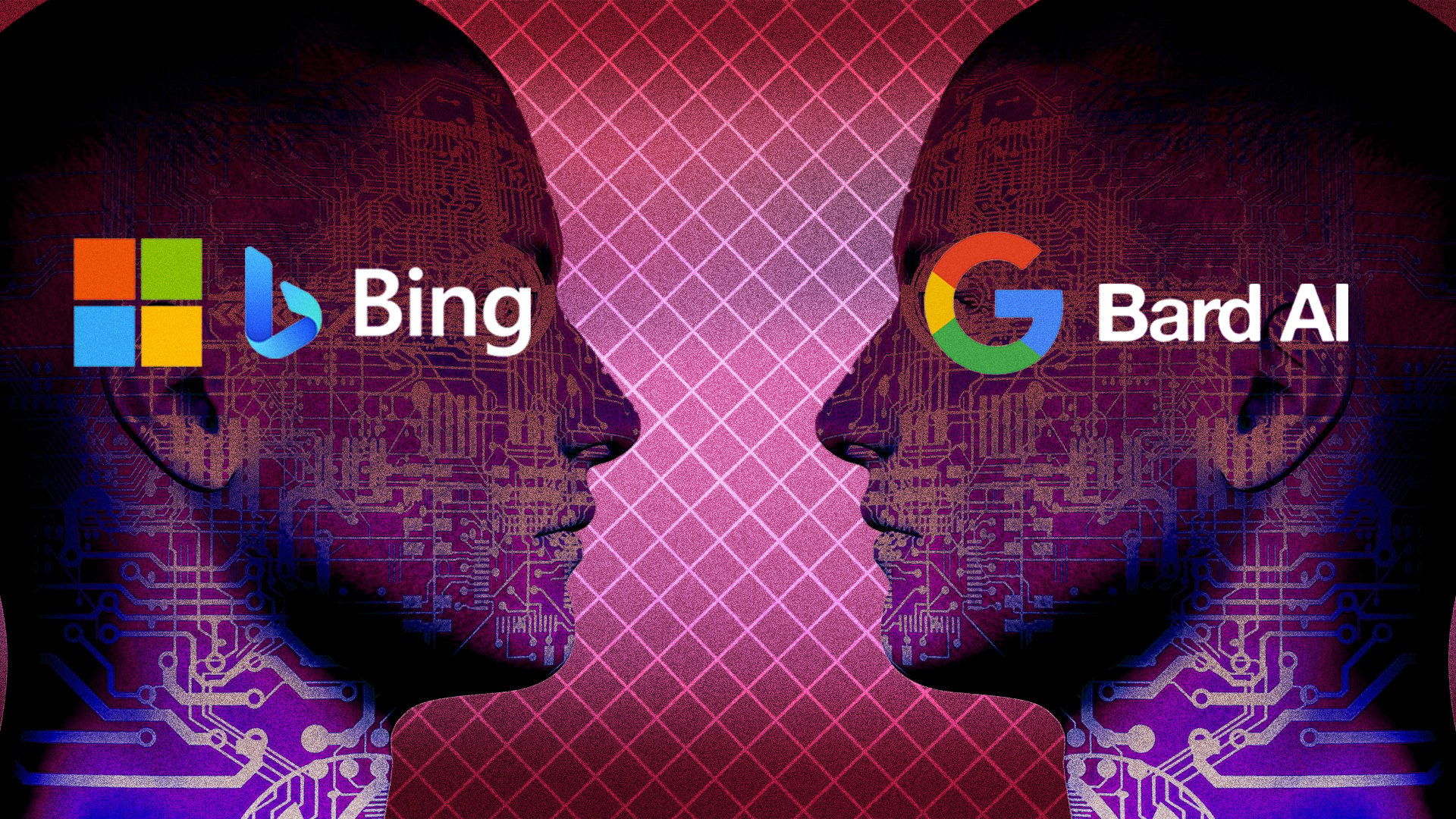
9. Google Bard Offers Multiple Drafts
While Microsoft Bing may offer flexibility, Bard also impresses with its features. Google’s chatbot introduces “Drafts,” providing users with three different versions of responses to any query. This feature allows users to choose the most suitable answer from the options presented. Although the drafts generally contain similar details, there are instances where one answer may outshine the others.
Google Bard drafts aim to soften the AI’s tone, avoiding excessive authority. Users can select from various answers, tailoring responses to their preferences.
Conversely, Bing offers only one answer, potentially seeming overly definitive. While alternative responses are available upon request, they’re not provided by default. This approach contrasts unfavorably with Bard’s flexibility, potentially depriving less experienced users of nuanced information. We anticipate Bing may introduce its own drafting feature in response to Bard. Presently, Bard’s provision of multiple answers constitutes a significant advantage over Bing.
Winner: Google Bard
10. Bing’s Multilingual Support
Google Bard, not quite a search engine presently, still draws users attempting to utilize it as such. For optimal functionality, a search engine must cater to diverse languages. Currently, Google Bard exclusively caters to US English, with promised expansion to other languages. However, despite claims, Bard falters when tasked with German poetry composition.
Bing, however, supports multiple languages, enabling Microsoft’s chatbot to compose poems, write essays, craft recipes, and more across various languages. While GPT-4 accommodates over 26 languages, Microsoft has not specified the languages supported by Bing. Nonetheless, when queried, Bing AI acknowledges understanding languages such as English, 中文, 日本語, Español, Français, and Deutsch. Furthermore, we tested Bing’s ability to generate poems in unmentioned languages, and it performed admirably.
Regarding global support, Google Bard remains severely limited. For those seeking a multilingual search engine, Bing Chat emerges as the preferred choice.
Winner: MS Bing
Google Bard AI: Pros and Cons
Microsoft Bing: Pros and Cons
| Pros | Cons |
|---|---|
| Extremely fast outputs | Occasionally copies text |
| Provides multiple answers | Limited contextual memory |
| Highlights fallacies | Poor coding ability |
| English-only | |
| Lacks source citations |
| Pros | Cons |
|---|---|
| Cites sources | Slightly slower response |
| Offers varied conversational styles | Occasional glitches |
| Long contextual memory | Limited compared to ChatGPT |
| Generates images | |
| Performs coding |
Google Bard vs MS Bing Chat: Conclusion
Crowning a champion is always difficult. Google Bard and Microsoft Bing Chat, both AI chatbots, excel in different ways. Bard responds swiftly and provides drafts, while Bing is meticulous with sources and personalities. However, Bing manages to cross that fine line to claim victory.
Microsoft Bing boasts numerous strengths. Powered by GPT-4 LLM, this AI-driven search engine and chatbot excels in conversation. It efficiently sources information, providing users with transparent origins of answers. Moreover, Bing effortlessly generates complex content and offers multilingual support and AI image generation, catering to diverse needs.
Google Bard pales when compared to Bing AI. It plagiarizes, forgets its task, hallucinates, and fails to cite sources. An AI plagiarizing feels like a death blow.
While understandable that Google Bard is experimental, I expected it to compete with Bing and ChatGPT. Currently, it’s a rushed preview. With more training and user interaction, Bard may improve, but Bing Chat prevails.
However, like most things in life, your mileage may vary. Depending on your AI preferences, Bard might be hailed as revolutionary or dismissed as inadequate. The ultimate judgment rests with you.
Google Bard vs Microsoft Bing Chat: To the Victor Go the Data
In a recent interview with The Verge, Microsoft’s Satya Nadella acknowledged Google’s dominance in the search engine realm, stating, “Look, at the end of the day, they (Google) are the 800-pound gorilla on this (search engine category). And I hope that with our innovation, they will come out and show us that they can dance.” He expressed optimism, adding, “I want people to know that we (Microsoft) made them dance. And I think that will be a great day.” It seems at least one individual is pleased with these developments.
That said, we hope you appreciated our thorough comparison between Google Bard and Microsoft Bing. Regardless of your allegiance, the realm of artificial intelligence is currently tumultuous. AI offers a plethora of possibilities, from writing applications to music composition tools and even ChatGPT’s capabilities. However, as AI expands exponentially, so does its potential. Which bot captured your preference? Share your choice in the comments below.

Pritam Chopra is a seasoned IT professional and a passionate blogger hailing from the dynamic realm of technology. With an insatiable curiosity for all things tech-related, Pritam has dedicated himself to exploring and unraveling the intricacies of the digital world.

